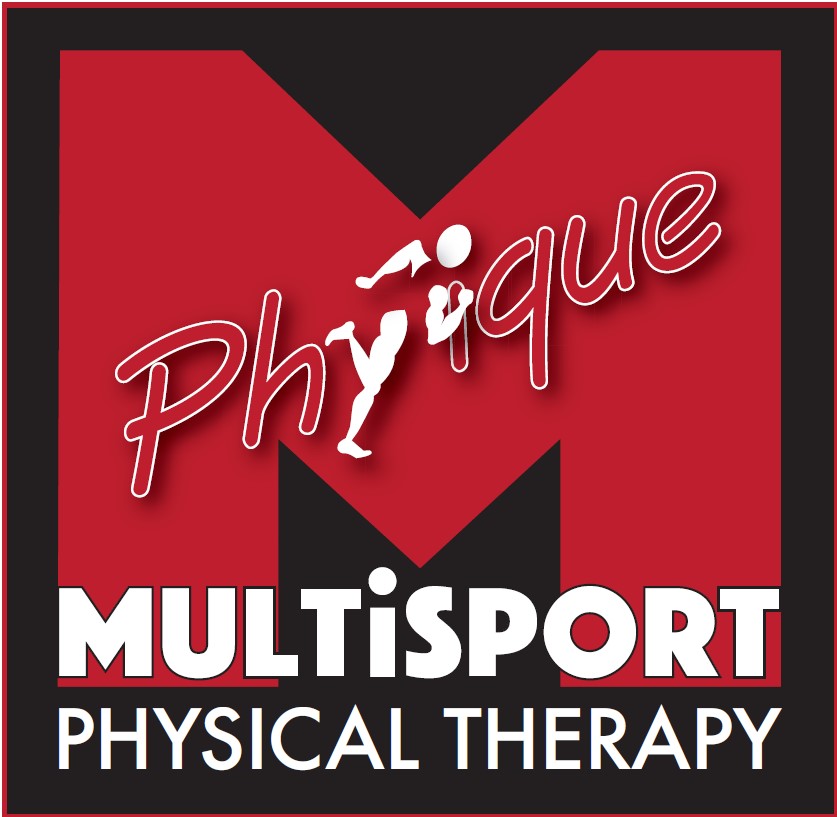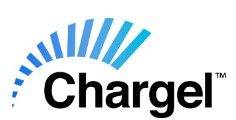Andy Seitz

I had the chance recently to talk Ironman and triathlon with the Tri Club’s perennial Grand Prix winner Andy Seitz. Andy has done his 40-44 age group proud as he has won the overall Grand Prix each of the past 3 seasons. Please join me as we learn what makes Andy tick.
CZ: What was your sports background prior to triathlon?
AS: I suppose you'd call me a sports jock as I've always been a multi-sport guy involved with extreme sports - rock-climbing, ice-climbing, mountaineering, spelunking, scuba diving, paragliding, hanggliding, surfing and windsurfing, skateboarding. You name the sport and I probably have the equipment in my garage. I started running in high school when I lived in Germany. I remember the many runs in the dead of winter running at night with headlamps on through the forest trails near Frankfurt where we lived. My brother and my friends also ran and we joined a local club. We were loosely organized and used to compete in races from 5k up to 25k. My specialty was the 5k events. Our coach (more like the club leader who led the stretching prior to the runs) often criticized my long running stride, but then would mutter in the same breath "But who am I to tell you to change what you're doing - you're winning all your races!" I also used to ride my bike to school several towns away over a hill. Although I never was on a swim team, my family always went to the pool on a regular basis. So I guess I sort of did all events but just rarely strung them all together, except for the "bricks" when I would ride my bike to the running workouts.
CZ: What was your first triathlon like?
AS: When I moved back to the US around 1980 I did my first triathlon on Fiesta Island. I can't remember if it was the Chuck's Triathlon, but I remember the simplicity...just a pair of running shorts and the fact that they used to do the whole sequence backwards, starting with the run, then the bike and finishing with the swim. The nice part about that was you got to finish with a refreshing swim, but the problem was the race got progressively more dangerous as well. A lot of folks, including me, got cramps in the water.
CZ: How did you move from middle of the pack triathlete to the podium?
AS: That happened more as a by-product of Ironman training. I think the extra hours of training time I devoted in fear of my first Ironman gave me a strong enough base to bring me close enough to the podium that I thought it might be possible to actually get into the top 3 of my age group. After the Ironman I kept up the stronger training schedule but devoted more time to speed work and details, working on the transition as well. I also pushed myself in races longer into the suffering zone. I believe that can be the difference between getting close and being on the podium - being able to suffer more than the next guy. If you're not suffering toward the finish, you're not pushing hard enough because you obviously have something left in the tank. I try to finish my tank by the time I get to the finish line, but often I'll be on fumes!
CZ: With all your years of racing, what comes to mind as a memorable funny story?
AS: That's got to be several years ago at the Catalina triathlon, which also happened to be where I won my first triathlon medal. Now for those of you who don't know this course, the bike is 1 steep mile up, 1 steep mile down and one flat mile, and then repeat 2 more times. I came out of the water into T1 and when I jumped on my bike I realized I had a flat rear tire. I figured if I changed it quickly I could still podium, so I swapped the tube and was on the road in about 2 minutes, but about 1 mile later at the top of the hill I got another flat. I only carry one spare tube in a race, so I had to patch the tube this time so it took longer. I still didn't give up hope of placing well, so I hurried and got back on the road. Well at the bottom of the hill my tire was flat again, so I leaned over the front wheel and rode the flat back to the transition area where I jumped over the fence and ran to my bag to get a spare tube and a pump, now that I was out of CO2 as well. I patched it again - in front of the large crowds - and got back on only to get another flat near the top of the hill again. This time I had to flag someone down to lend me a pump as I patched it again. On the way down I got a flat again, so I pulled over where another guy was fixing a flat. I figured I could borrow his pump and maybe a patch as well, now that I used up all those as well. By the second flat I knew to carefully run my finger along the tire to make sure whatever was causing this flat wasn't still stuck in the tire. I didn't find anything. Each subsequent flat I searched, but didn't find anything in the tire, so I figured it's just bad luck or bad patches or glue. I got 2 more flats on the next loops and then when I got back to the bike after the race it was flat again - a total of 7 flats on a 9 mile course!!! I got a little upset after the first flat, but pretty much relaxed after the second and by the third started laughing about it. It never crossed my mind to quit and I think I had one of the better run splits of the day - either because I got all that rest on the bike portion or because I ran like a madman trying in vain to make up lost time? I came in 3rd place the first year, improved to first place (in my age group) the next year and then came in dead last the year I got the flats. Luckily I was able to return the next year and repeat my first place to make up for the previous year. It turned out I had a tiny section of rim tape slip and it exposed the edge of a spoke just barely enough to cause the flats. I knew something was causing it, but my quick checks didn't reveal the problem and I figured the patch should hold until the end of the race. You really do learn from every mistake though. I now include checking the rim tape when fixing flats. More importantly though, is to remain calm and remember we're out there for fun. Too many athletes are out there racing or training and they're in their own zone, not paying attention to the world around them. I try to take it all in during training and races - look around and enjoy being out there no matter how the race is going or how bad the conditions might be.
CZ: Which Ironman races have you done?
AS: I did California in 2000, 2001 and also IM Canada in 2003. My first one was about 11:15 and both others were around 10:40.
CZ: What is your favorite Ironman memory?
AS: It has to be training for and then doing the first one. It was such a big deal to decide to sign up for it and then train. I had a good group of friends all doing it for the first time and we shared some great times training for 6 months. Just being at the start brought tears and throughout the ride I kept thinking "Wow...I'm actually doing an Ironman right now!" Of course, crossing the finish line is another emotional event. I think I had a common experience there: I told my wife and friends to beat me upside the head if I ever decide to do another one. Of course, I signed up for it again within a few days after the painful memories faded and only the good ones remain. I guess it's our bodies way of trying to protect us from long-term emotional scars, yet little does our body know how stupid a triathlete can be.
CZ: Do you plan to do another Ironman?
AS: Yes, I still would like to get to Kona some day, so I'm going to have to keep trying, but I'll have to make sure I have more time to train right next time. I always felt that I was just getting the bare minimum training hours in to survive the race, but to qualify I need to step it up a notch. I'm not sure which race, but maybe over in Europe.
CZ: What are the best benefits to being a TCSD member?
AS: I joined primarily because I was feeling guilty of going to the meetings to hear all the good speakers over the years. Of course, we do have the best post-race food selection and the club races are free. How can you beat that? And then there is some great camaraderie among the club members.
CZ: What advice would you pass along to someone ready to embark on their first triathlon season?
AS: Get involved with a triathlon club, preferable TCSD, as early as possible! You can learn so much and more quickly from someone who has been involved in the sport and racing for a while. Beware of spending too much money on gear until you know what you're getting into. Again, talk to the experts at the races or in the club.
CZ: You are a big, strong successful triathlete. But in regards to triathlon, what emotional experiences or thoughts make you cry like a baby?
AS: Two words: Ironman racing. It's one of those few life experiences where the suffering can really make you think about what matters. But also because it has such a rich history and being there and watching the variety of athletes overcome such a huge accomplishment is amazing.
CZ: Who sponsors you and how has that helped you in the sport?
AS: Well I had a couple of different sponsors in the past, most recently Wheels on Wheels. The big benefit there, besides the gear and monetary support, is the motivation and team support you get to push you a bit further. It also helps give you insight to how the industry works.
CZ: How do you balance family, work and triathlon?
AS: That's a real tough one that's been getting harder and harder, and one reason why I had to cut back a bit for this coming year. My wife Elizabeth works and we have 3 kids ages 2, 8 and 10, so it's a real balancing act with all the events. Luckily I have an understanding wife who does what she can to give me the time I need to keep from going insane. She runs early in the morning before work and I do my weekday workouts during the lunch hour. There's no time for exercise after work and then when the kids are asleep I often need to do more work to make up hours taken to exercise during the day. Or, if I still have enough energy I might jump on the trainer while watching a movie or OLN cycling. Lately I haven't been able to do a whole lot on weekends, but am trying to fit the occasional longer bike ride in or a race now that the season is starting. In order to keep a relationship healthy you need to give each other the time and space to go off and do something on your own now and then.
CZ: Andy, thanks for sharing your story. Good luck with meeting all your goals this year. As a fellow 40-44 year old, I ask just one thing. Please wait for me at the finish line!








